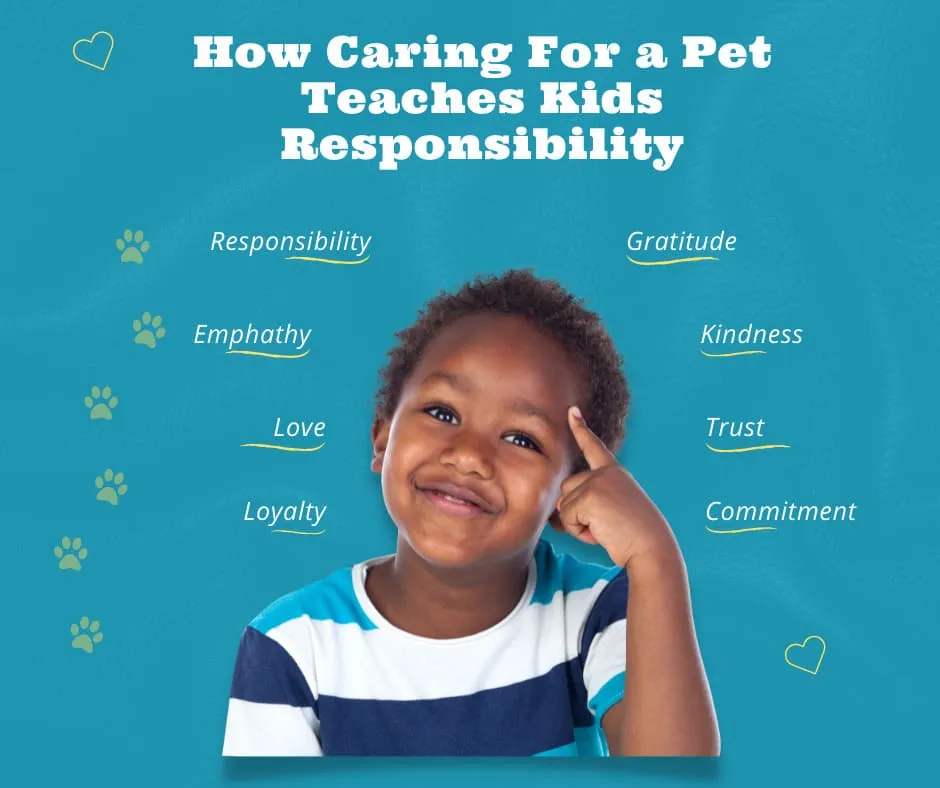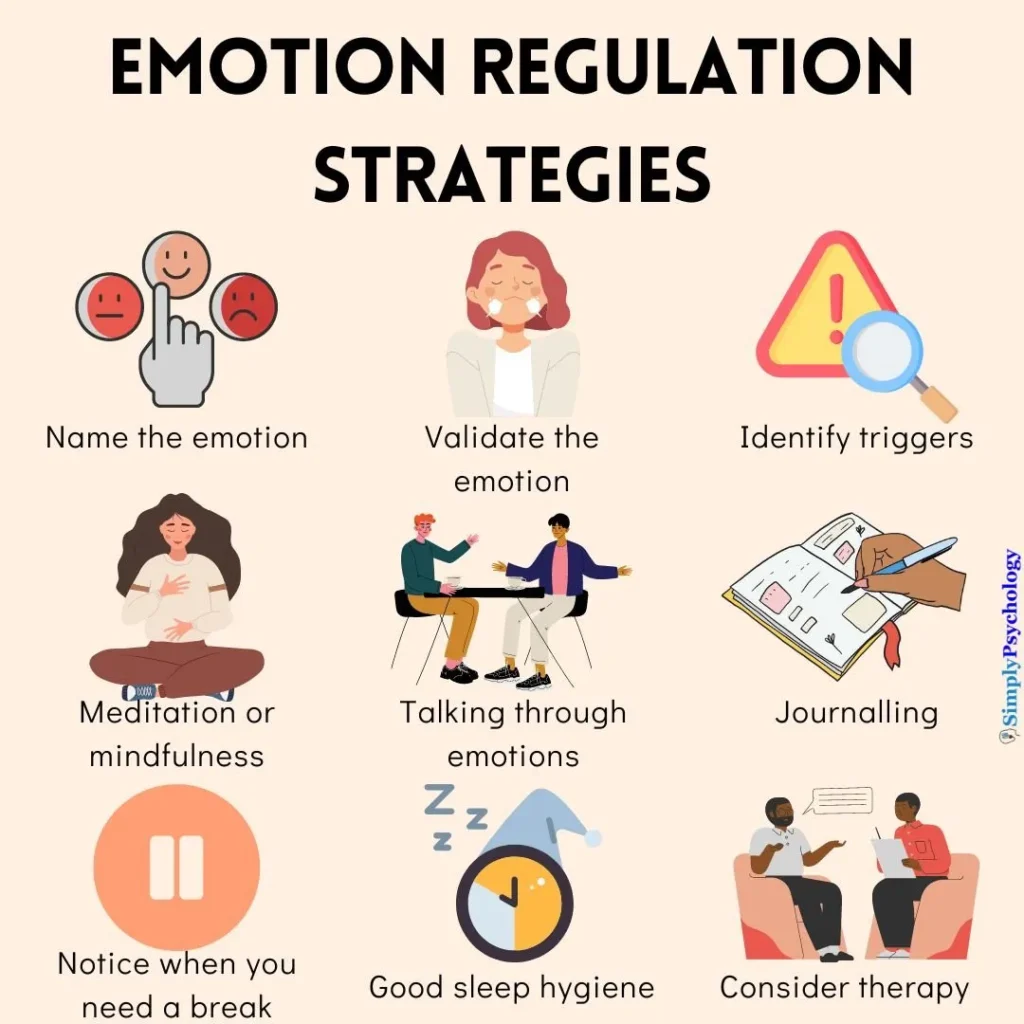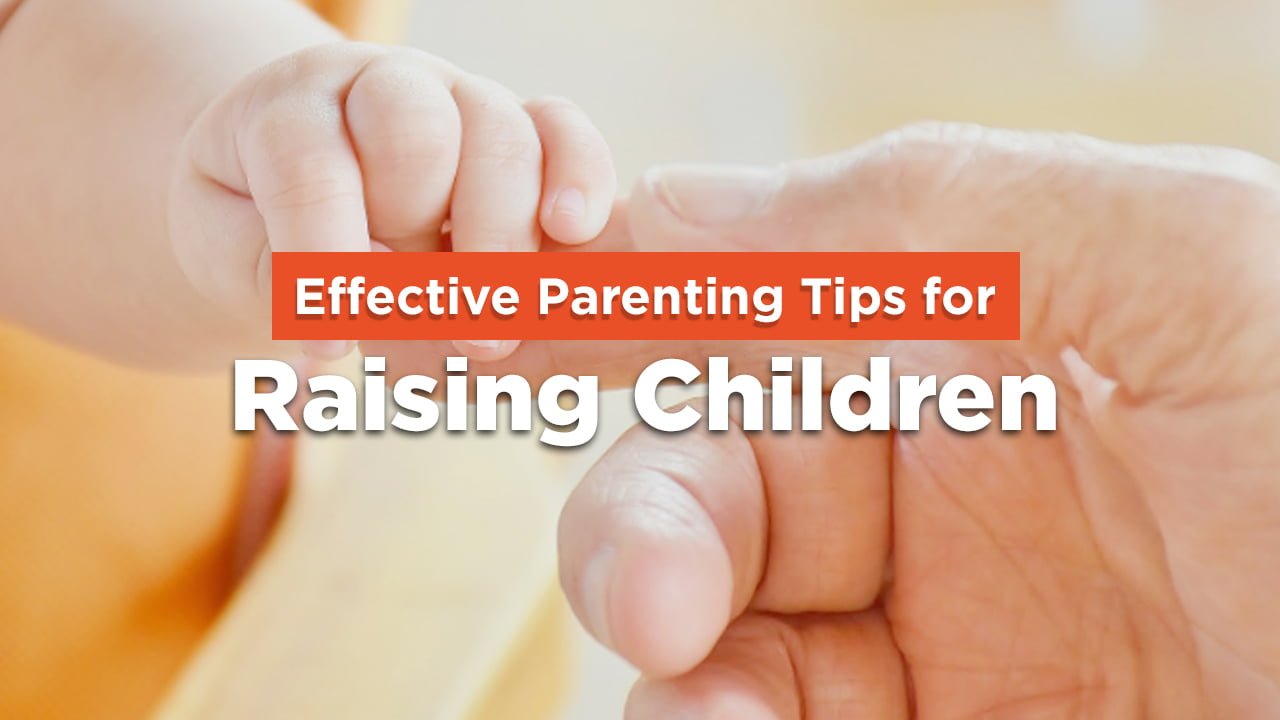Parenting is not a one-size-fits-all journey. While love is the foundation, Effective Parenting requires strategies that balance discipline, communication, empathy, and consistency. If you’re feeling overwhelmed, you’re not alone. Modern parenting is filled with challenges—from screen addiction to emotional meltdowns—but the right techniques can turn daily struggles into moments of growth.
In this guide, we’ll explore practical, real-life effective Parenting Techniques that help raise confident, kind, and emotionally healthy kids.

Build a Connection Before Correction
Children listen better when they feel heard.
Real-life example: Instead of yelling when 6-year-old Ali throws his toys, his mother kneels to his level, calmly says, “I see you’re upset,” and asks what’s going on. The tantrum ends faster than usual.
How to do it:
- Spend 10–15 minutes daily in “child-led” play or talk without screens.
- Make eye contact and show interest when they speak.
- Validate feelings before offering advice.
Keywords: connect with your child, positive communication, child-parent bonding
Use Positive Discipline, Not Punishment
Punishment creates fear. Discipline teaches responsibility. The effective parenting technique is not to control but to guide them.
Example: Instead of grounding Sara for lying, her parents helped her write a letter about trust and how she could rebuild it.

Techniques that work:
- Time-ins instead of time-outs (sit together, talk it out)
- Natural consequences (e.g., forgot lunch? Hungry till snack time)
- Reward charts for younger kids—not bribes, but motivation
Set Clear Boundaries (And Stick to Them)
Children feel secure when they know the rules—and that those rules are consistent.
Real-life example: A father set a rule—no screens after 8 PM. Even on weekends, he followed through. The kids resisted at first but soon accepted the routine.
Tips:
- Make rules simple and age-appropriate
- Explain why the rule exists
- Don’t cave under pressure—it sends mixed signals
Model the Behavior You Want to See
Children are mirrors. They learn more from what you do than what you say.
Example: When parents show patience in traffic or apologize after yelling, kids learn humility and emotional control.

Practical actions:
- Apologize when you’re wrong
- Speak respectfully to others
- Handle frustration in healthy ways
Encourage Problem Solving and Independence
Instead of fixing everything, guide them to solutions.
Example: When 10-year-old Ahmed forgets his homework, his mom doesn’t rush to school. Instead, she helps him come up with a checklist for next time.
How to encourage:
- Ask open-ended questions: “What do you think we should do?”
- Praise effort, not just outcomes
- Let them experience small failures
Prioritize Emotional Intelligence
Teaching kids to name and manage emotions leads to better behavior and stronger relationships.
Example: 4-year-old Aisha has meltdowns. Her parents begin using emotion cards—“Are you sad, mad, or scared?” Slowly, tantrums decrease.
Ways to build EQ:
- Use books and stories to talk about feelings
- Practice empathy: “How do you think she felt?”
- Normalize all emotions—anger is okay, but hitting isn’t
Create Routines and Predictability
Children thrive on structure—it reduces anxiety and builds responsibility.
Example: A family with three kids uses a visual routine chart. Mornings are smoother, and fewer reminders are needed.
Tips:
- Morning and bedtime routines are key
- Visual charts help younger children stay on track
- Allow flexibility, but keep core routines intact
Listen More, Talk Less
Parents often default to lecturing—but listening builds trust and insight.
Example: A teen opens up about peer pressure because her dad listens without interrupting or judging.
Listening tips:
- Pause before responding
- Avoid “fixing” immediately
- Reflect back what you hear: “Sounds like you felt left out?”

Avoid Comparison and Labeling
Each child is unique. Labels like “shy,” “naughty,” or “smart” can shape identity—for better or worse.
Example: Instead of calling his son “lazy,” one father said, “I know you can do this when you’re ready. Let’s talk about what’s stopping you.”
Better alternatives:
- Focus on strengths: “You’re really thoughtful.”
- Encourage effort: “You worked hard on this!”
- Avoid labeling siblings differently
Take Care of Yourself, Too
You can’t pour from an empty cup. Burned-out parents can’t be emotionally present.
Example: A mom joins a weekly yoga class. Her patience increases, and her kids notice.
Self-care ideas:
- Set boundaries around work and parenting
- Connect with other parents or support groups
- Don’t guilt yourself for needing breaks
Final Thoughts
There’s no such thing as a perfect parent. But effective parenting is about being present, intentional, and willing to grow. By applying these realistic, respectful, and research-backed techniques, you’re not just raising obedient kids—you’re raising future adults who are kind, capable, and emotionally aware.
Your journey matters. Your efforts count. And your kids? They’re watching, learning, and thriving—because of you.
